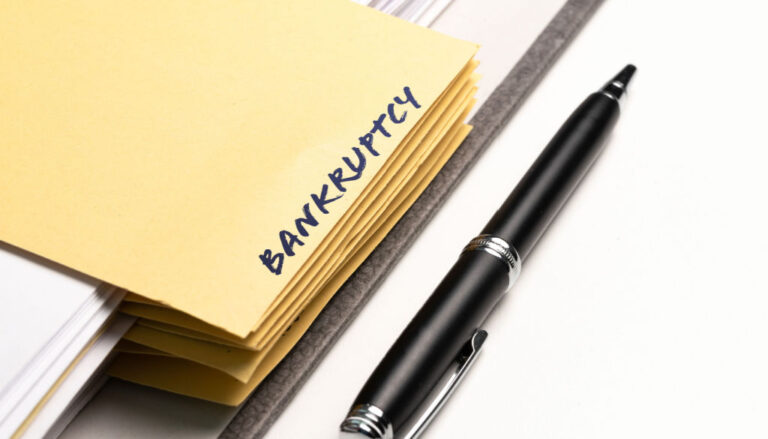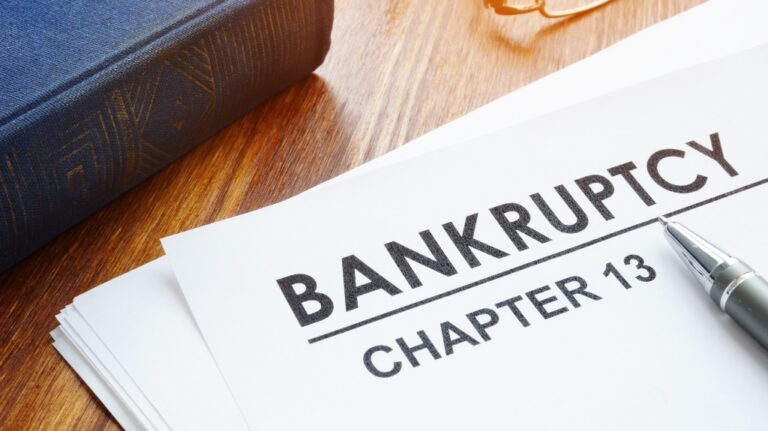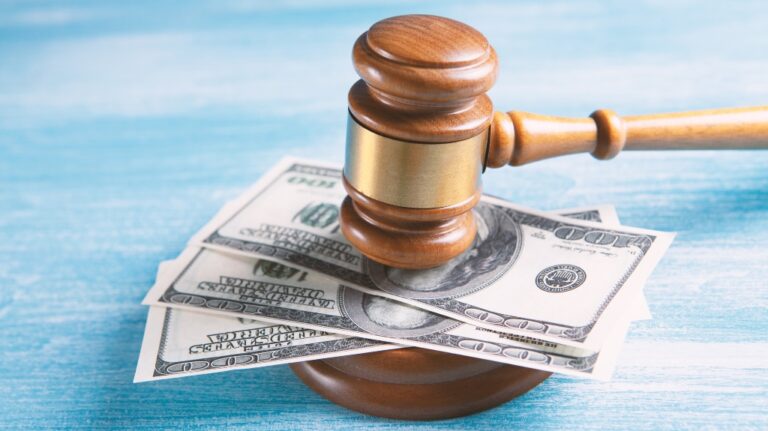When you feel in over your head with your debt, filing for bankruptcy can help you take control of your financial situation. But contrary to popular belief, there’s more than one type of bankruptcy that individuals can file for. Filing for Chapter 13 lets you keep many of your assets while repaying what you owe your creditors over time rather than wiping out your debt by selling those important assets. This makes it a great choice for individuals who want to keep the items they worked so hard to acquire. For many, one of the first questions that crosses their minds is how much debt you need to qualify for Chapter 13. Here’s what your South Carolina bankruptcy attorney wants you to know.
There Is No Minimum Debt Requirement
Across the United States, there is no minimum debt level required to qualify for Chapter 13 bankruptcy. This means you can file if you’re struggling with $50,000 in debt or you’re feeling overwhelmed by hundreds of thousands of dollars in loans, credit cards, and other debt types.
Chapter 13 aims to help individuals get their finances back under control. The government tries to make this form of bankruptcy accessible to those who can truly benefit from it, which is why there’s no minimum requirement.
Your Total Debt Must Be Below the Maximum
Though there’s no minimum debt requirement, the government does put limits on the maximum amount of debt you can have when filing for Chapter 13. As of 2024, that limit is $2,750,000.
Remember, Chapter 13 doesn’t wipe out your debt. It creates a payment plan that allows you to repay your creditors over time, typically at a reduced rate than what you’d pay if you didn’t file for bankruptcy. The limit exists to ensure that those who file can adequately repay what they owe while still covering their routine expenses.
Chapter 13 Bankruptcy Eligibility Requirements
Though the debt requirements are designed to accommodate most individual filers, there are other requirements you’ll need to satisfy before you can file for Chapter 13. If you’re considering this form of bankruptcy, you must meet the following eligibility requirements:
- Your total debts must be less than $2,750,000.
- You must have a regular source of income.
- Your income must be great enough to cover your living expenses and the repayment plan negotiated during your bankruptcy hearing.
If you don’t meet these requirements, you may still qualify for other forms of bankruptcy. Speak with your South Carolina bankruptcy attorney to learn more about your options.
How to Decide if Chapter 13 Is the Right Form of Bankruptcy
Deciding if Chapter 13 bankruptcy is the right choice for your situation can seem confusing at first. It’s a good choice for many individuals, but that doesn’t mean it will be the best option for your situation. Consider the following:
- How you want your debt handled: If you want your debts dismissed, Chapter 7 may be a better choice. But if you’re comfortable making reduced payments over time to pay off what you owe your creditors, Chapter 13 may be the right choice.
- What you want to happen to your assets: Chapter 13 bankruptcy lets you keep your assets like your house, car, jewelry, antiques, artwork, and electronics. If you want to keep those assets rather than let the court sell them to settle your debt, Chapter 13 could be a good choice.
- Your gross and disposable income: Since Chapter 13 requires you to make payments, you need to have enough money to cover your routine expenses and your debt repayment plan. If money is tight, you may be better off filing Chapter 7.
Speak With a South Carolina Bankruptcy Attorney
If you’re interested in filing for bankruptcy, it’s worth speaking with an experienced bankruptcy attorney. They’ll help you explore your options and navigate the entire process from start to finish. Contact Lam Law Firm today to schedule a free consultation and learn more about your options.






